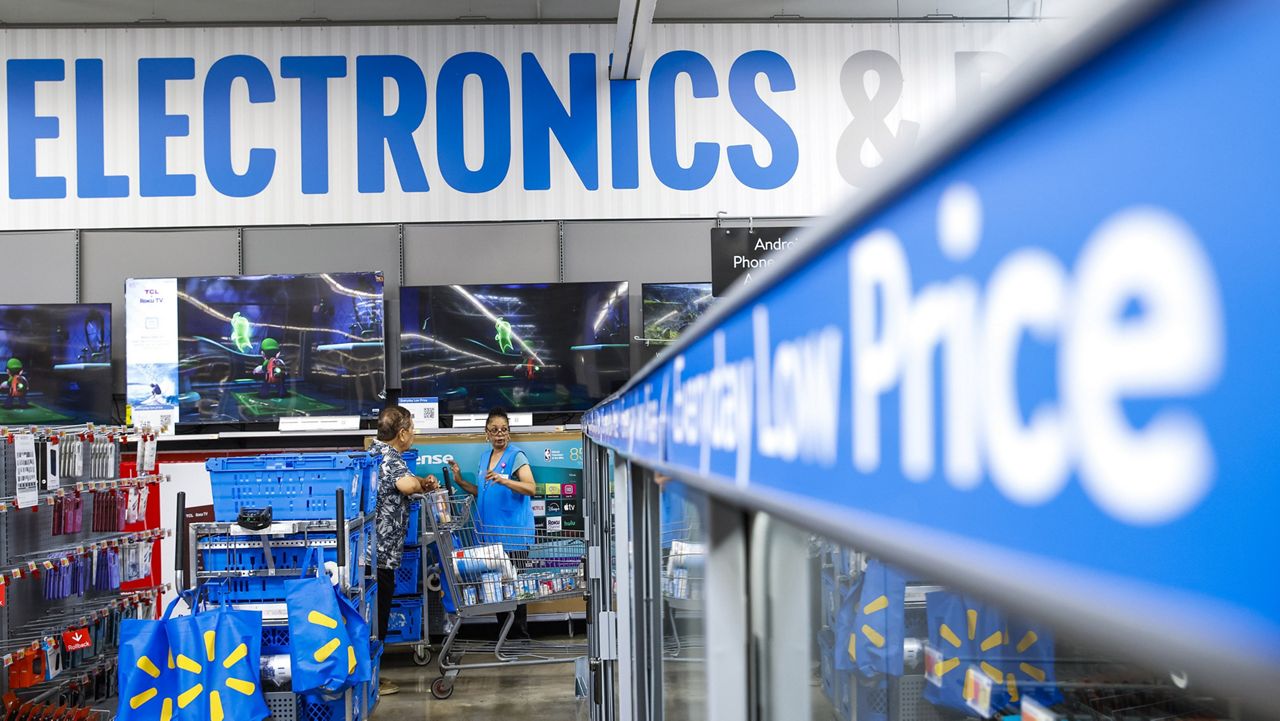Americans stepped up their spending at retailers last month by the most in a year and a half, easing concerns that the economy was slowing under the pressure of higher prices and elevated prices.
What You Need To Know
- Americans stepped up their spending at retailers last month by the most in a year and a half, easing concerns that the economy was slowing under the pressure of higher prices and elevated prices
- U.S. retail sales jumped 1% from June to July after having declined slightly the previous month
- Auto dealers, electronics and appliance stores and grocery stores all reported strong gains
- Adjusted for inflation, sales rose about 0.8%
The Commerce Department reported Thursday that U.S. retail sales jumped 1% from June to July after having declined slightly the previous month. Auto dealers, electronics and appliance stores and grocery stores all reported strong gains.
Adjusted for inflation, sales rose about 0.8%. And excluding gas station sales, which don't reflect Americans' appetite to spend, retail sales also rose 1%.
Consumers have been pummeled since the pandemic by high prices and elevated interest rates. Yet at the same time, average wages have also been rising, providing many households with the means to keep spending.
Inflation-adjusted wages have increased slightly from a year ago. Upper-income households have also seen their wealth increase, with stock prices and home values having jumped in the past three years. Increases in wealth can encourage more spending.
Financial markets had plunged earlier this month on fears surrounding the economy after the government reported that hiring was much weaker than expected in July and the unemployment rate rose for a fourth straight month.
Yet since then, economic reports have shown that layoffs are still low and that activity and hiring in services industries remains solid. Americans are also still splurging on services, such as travel, entertainment, and health care, which are not included in Thursday's retail sales report.
Still, some economists worry that much of Americans' spending now is being fueled by the increased use of credit cards. And the proportion of Americans who are falling behind on their credit card payments, while still relatively low, has been rising.
But cooling inflation may give households a needed boost. Consumer prices rose just 2.9% in July from a year earlier, the government said Wednesday. That was the smallest year-over-year inflation figure since March 2021. And core inflation, which excludes volatile food and energy costs, slipped for the fourth straight month.



